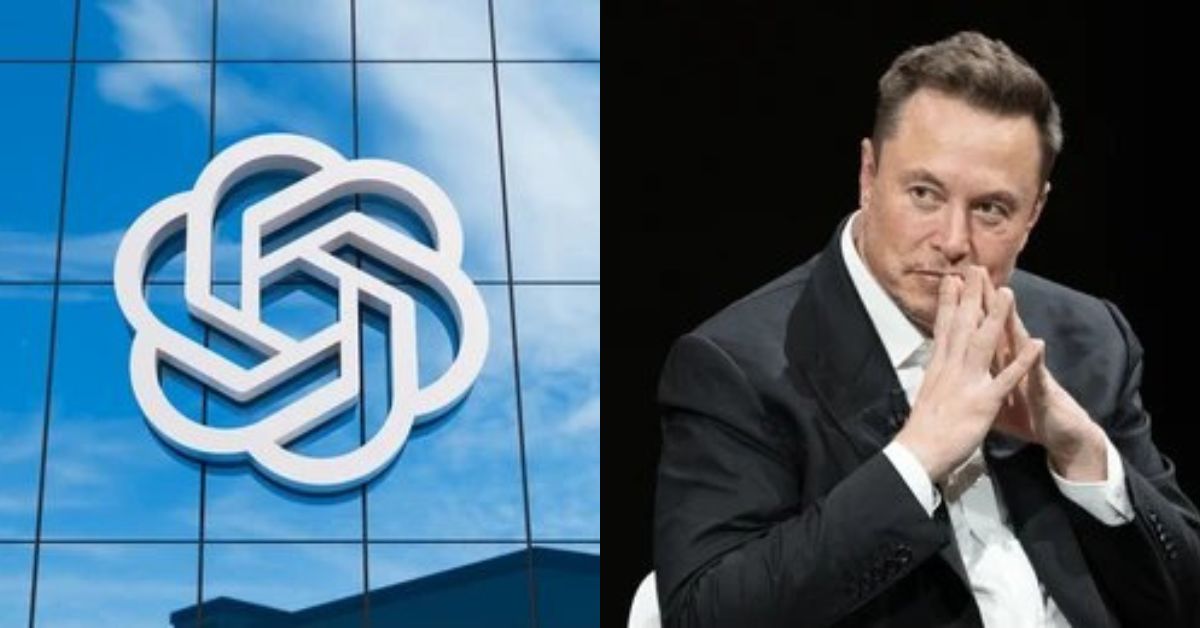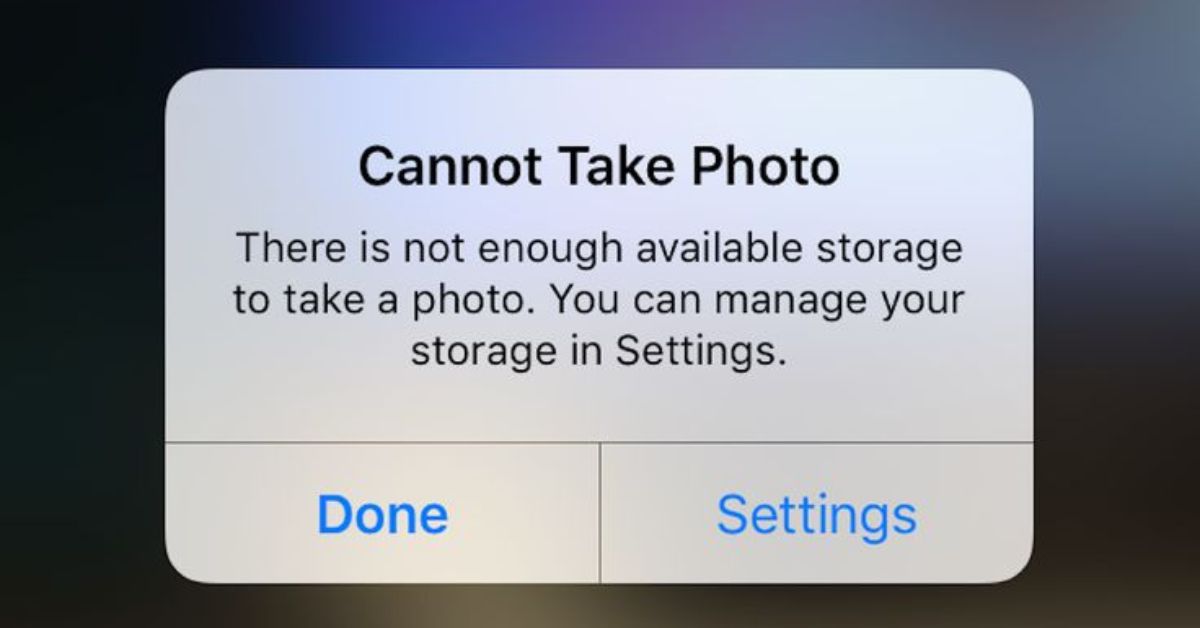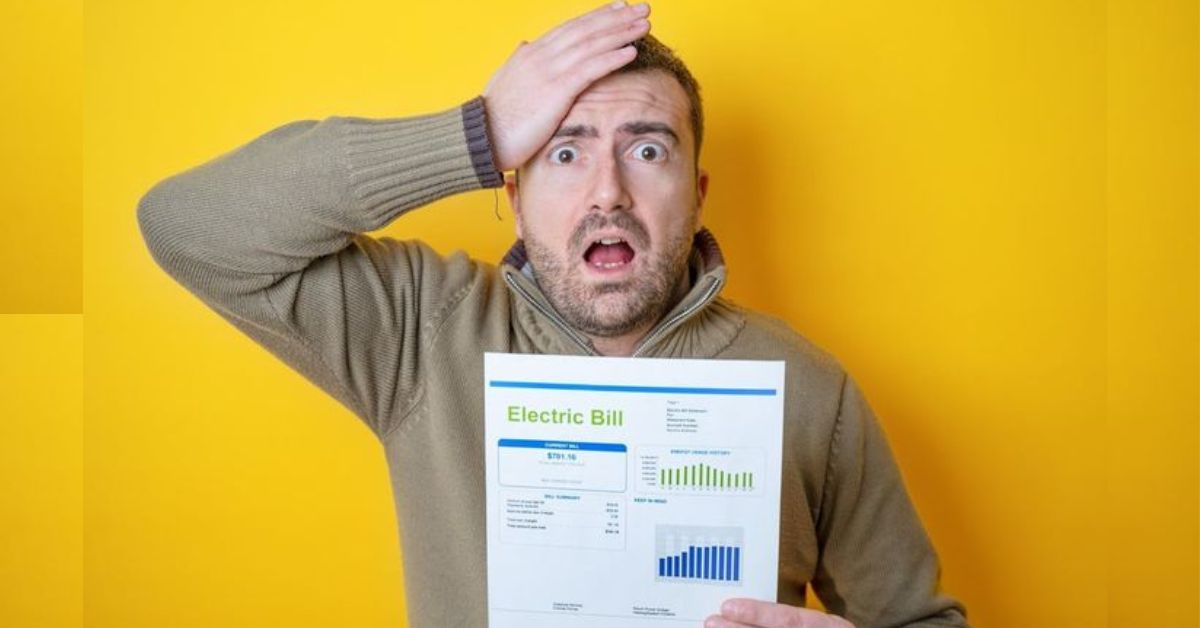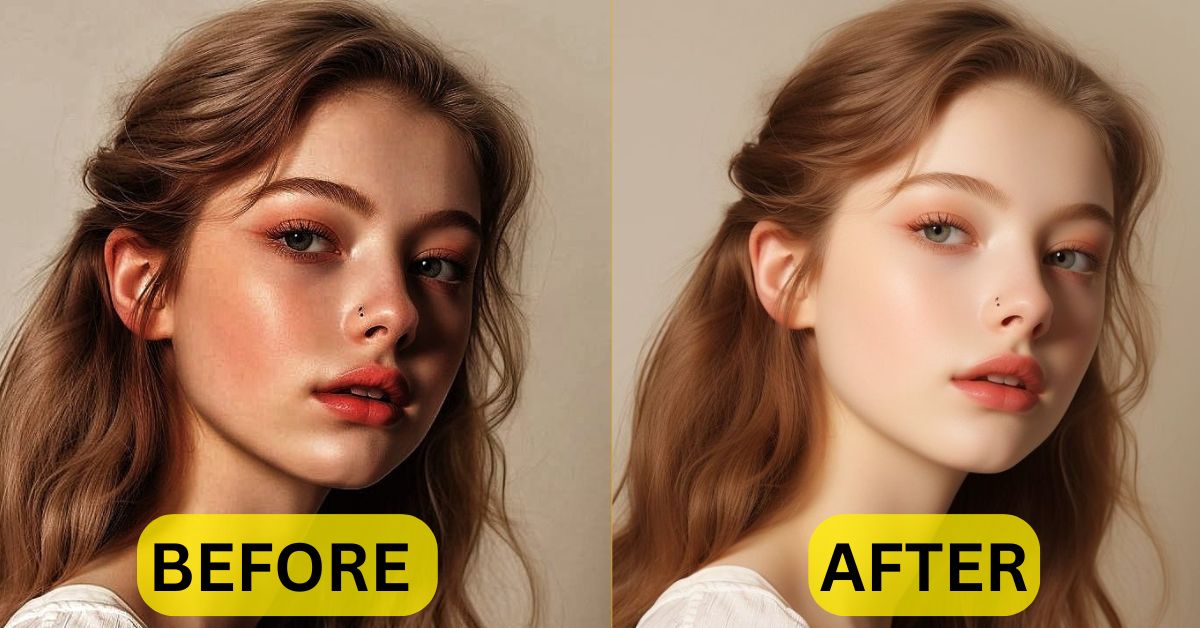A federal judge in California has ruled that OpenAI, the developer of ChatGPT, can proceed with its claims that billionaire Elon Musk engaged in a prolonged campaign of harassment through legal actions and media attacks. The decision, issued in August 2025, stems from a contentious legal battle between Musk, a co-founder and early investor in OpenAI, and the company’s leadership, including CEO Sam Altman. This ruling allows OpenAI’s countersuit to advance, while other aspects of Musk’s lawsuit against the company face setbacks. This article explores the details of the ruling, the background of the dispute, and the broader implications for both parties.
Background of the Musk-OpenAI Legal Dispute
The legal conflict between Elon Musk and OpenAI began in February 2024, when Musk filed a lawsuit in San Francisco Superior Court, alleging that OpenAI had abandoned its original nonprofit mission to develop artificial intelligence (AI) for the benefit of humanity. Musk, who co-founded OpenAI in 2015 and invested approximately $45 million, claimed that the company’s shift toward a for-profit structure, coupled with its close partnership with Microsoft, violated its founding principles. He sought to block OpenAI’s transition to a for-profit entity and accused the company of antitrust violations and fraud.
Musk voluntarily dismissed the state court lawsuit in June 2024 but refiled a more expansive version in federal court in August 2024, adding Microsoft as a defendant and his AI company, xAI, as a plaintiff. The new lawsuit included additional claims, such as racketeering and false advertising, and requested a preliminary injunction to halt OpenAI’s for-profit restructuring. OpenAI responded with a countersuit, accusing Musk of orchestrating a “years-long harassment campaign” to undermine the company’s operations and gain a competitive edge for xAI.
Federal Judge’s Ruling on Harassment Claims
On August 12, 2025, U.S. District Judge Yvonne Gonzalez Rogers, based in Oakland, California, issued a ruling allowing OpenAI’s harassment claims against Musk to proceed. According to Reuters, the judge found sufficient grounds for OpenAI to argue that Musk’s actions spanning legal filings, public statements, and a $97.4 billion unsolicited bid to acquire the company constituted a pattern of harassment aimed at disrupting OpenAI’s business.
OpenAI’s countersuit, filed in April 2025, described Musk’s actions as including:
- Legal Challenges: Filing multiple lawsuits, including the initial state court case and the federal lawsuit, which OpenAI called a “PR stunt” designed to harm its reputation.
- Media Attacks: Using his platform on X, with over 200 million followers, to criticize OpenAI and its leadership, particularly regarding its Microsoft partnership.
- Sham Acquisition Attempt: Offering $97.4 billion to buy a controlling stake in OpenAI in February 2025, a bid OpenAI rejected as pretextual and disruptive.
- Corporate Interference: Demanding corporate records and engaging in actions OpenAI claimed were intended to destabilize its operations.
The judge’s decision to allow these claims to move forward marks a significant development in the legal battle, though she dismissed other parts of OpenAI’s countersuit, such as claims related to lobbying violations by Musk-affiliated entities.
Musk’s Claims and Partial Dismissals
While OpenAI’s harassment claims were permitted to advance, Musk faced setbacks in his own lawsuit. In a May 2025 ruling, Judge Gonzalez Rogers dismissed several of Musk’s claims, including breach of contract and racketeering, but allowed fraud claims to survive. According to Courthouse News Service, the judge found that Musk adequately alleged that OpenAI’s leadership promised to maintain its nonprofit status to secure his contributions, only to later pursue a for-profit model. These fraud claims met the heightened pleading standards required under federal law.
However, the judge dismissed Musk’s breach of contract claims, noting the absence of a formal written contract. She also rejected racketeering allegations, stating that Musk failed to demonstrate a pattern of criminal activity by OpenAI or Microsoft. Musk was granted leave to amend some claims, but his request for a preliminary injunction to block OpenAI’s for-profit conversion was denied in March 2025, with the judge calling his claim of “irreparable harm” a “stretch,” as reported by NBC Bay Area.
The Charitable Mission Debate
At the heart of the dispute is Musk’s assertion that OpenAI betrayed its nonprofit mission to develop artificial general intelligence (AGI) for the public good. Musk’s legal team argued that his $45 million investment was made under the understanding that OpenAI would remain a nonprofit, a commitment he claims was breached when the company began creating for-profit subsidiaries in 2019. OpenAI countered that Musk was aware of the need for a for-profit entity as early as 2017, citing emails where he sought to become CEO and hold significant equity, as noted by Forbes.
Judge Gonzalez Rogers acknowledged the public interest in whether OpenAI’s charitable assets are being misused, stating in a March 2025 ruling that “significant and irreparable harm” could occur if public funds were improperly used for a for-profit conversion. She offered to expedite a trial on this issue, potentially as early as fall 2025, to allow a jury to evaluate Musk’s claims, according to Fast Company.
OpenAI’s Defense and Competitive Concerns
OpenAI’s countersuit paints Musk’s actions as motivated by competitive jealousy, particularly following the success of ChatGPT, which now serves 500 million weekly users and is projected to generate $13 billion in revenue in 2025, per CNBC. The company alleges that Musk, after leaving OpenAI in 2018, launched xAI in 2023 to rival OpenAI and has since used legal and public attacks to hinder its progress. OpenAI’s filing described Musk’s $97.4 billion acquisition bid as a “sham” designed to disrupt its operations, a claim echoed in posts on X.
The company also highlighted its recent $300 billion valuation, driven by investor support, as evidence of its market strength. OpenAI’s legal team argued that Musk’s lawsuits are an attempt to leverage the judicial system to benefit xAI, a view supported by Stanford Law emeritus professor Joe Grundfest, who noted the judge’s ruling suggests potential merit in Musk’s charitable trust claims but requires more evidence, per Stanford Law’s website.
Broader Implications for the AI Industry
The Musk-OpenAI dispute has drawn attention to broader issues in the AI industry, including governance, competition, and the balance between nonprofit missions and commercial interests. Musk’s lawsuit also targets Microsoft, alleging that its $13 billion investment in OpenAI violates antitrust laws through exclusivity agreements that limit funding for competitors like xAI. The judge dismissed these antitrust claims in May 2025, citing insufficient evidence, but the case underscores tensions in the rapidly evolving AI sector.
Additionally, Musk’s legal actions extend beyond OpenAI. In 2025, he threatened to sue Apple over its App Store rankings, alleging favoritism toward OpenAI’s ChatGPT over xAI’s Grok, according to The New York Times. This reflects Musk’s broader strategy to challenge perceived competitive disadvantages in the AI and tech markets.
Upcoming Legal Proceedings
The legal battle is set to continue, with a jury trial scheduled for spring 2026, though an expedited trial on the charitable mission claims could occur sooner. Both sides are expected to engage in discovery, allowing Musk’s team to access OpenAI’s internal documents and depose key figures like Altman. This process may shed light on OpenAI’s restructuring plans and its Microsoft partnership, potentially influencing the outcome of the harassment claims.
Conclusion
In August 2025, a federal judge in California ruled that OpenAI can proceed with claims that Elon Musk engaged in a years-long harassment campaign through lawsuits, media attacks, and a $97.4 billion acquisition bid. The ruling is part of a broader legal dispute where Musk, a co-founder of OpenAI, alleges the company violated its nonprofit mission by pursuing a for-profit model. While some of Musk’s claims, including fraud, were allowed to proceed, others, like breach of contract, were dismissed. The judge denied Musk’s request for a preliminary injunction to block OpenAI’s for-profit conversion but offered an expedited trial on the charitable mission issue. The case, set for a jury trial in spring 2026, continues to highlight tensions in the AI industry.
Sources & References:
Author
-
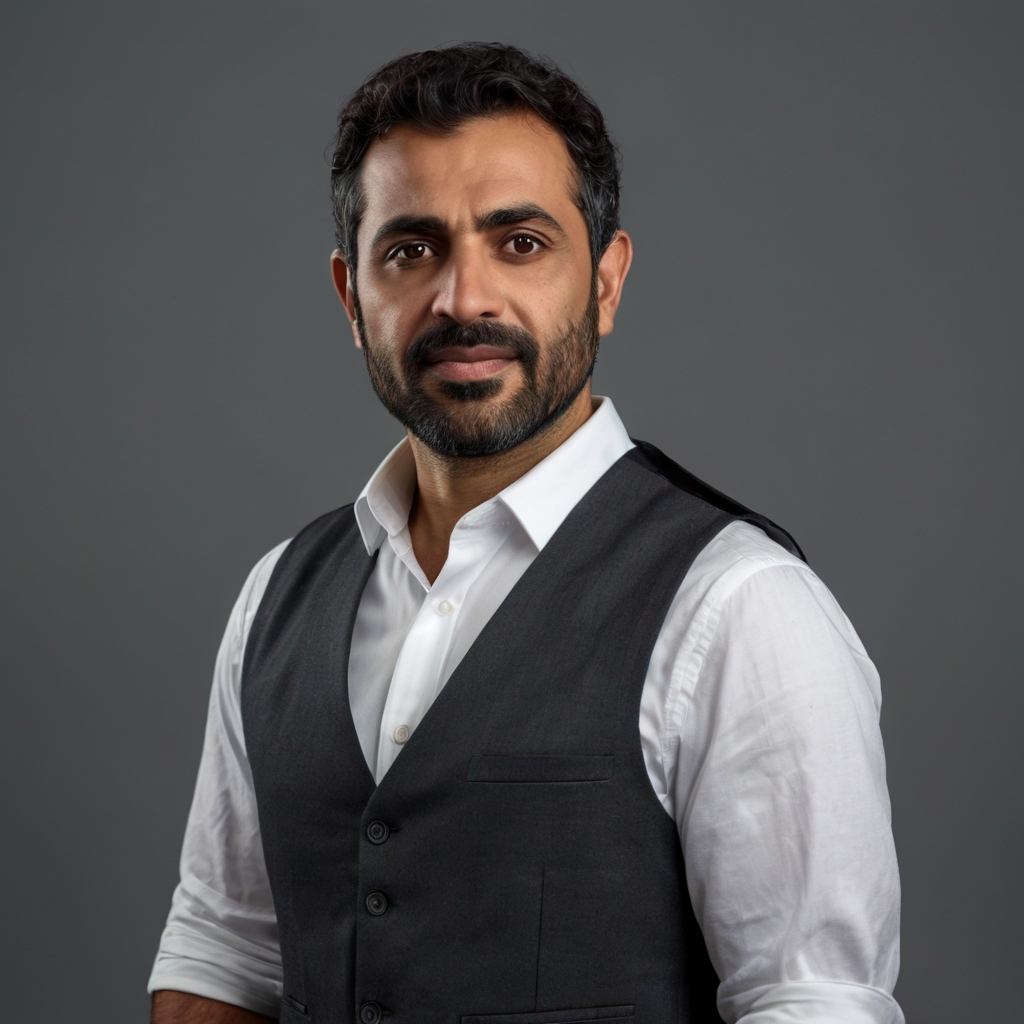
Tyler Grayson brings global events to your screen with clarity, depth, and context. With a background in political science and international relations, Tyler covers diplomacy, global conflicts, climate issues, and major policy shifts with a balanced, facts-first approach. His reporting connects the dots between headlines and their real-world impact.

